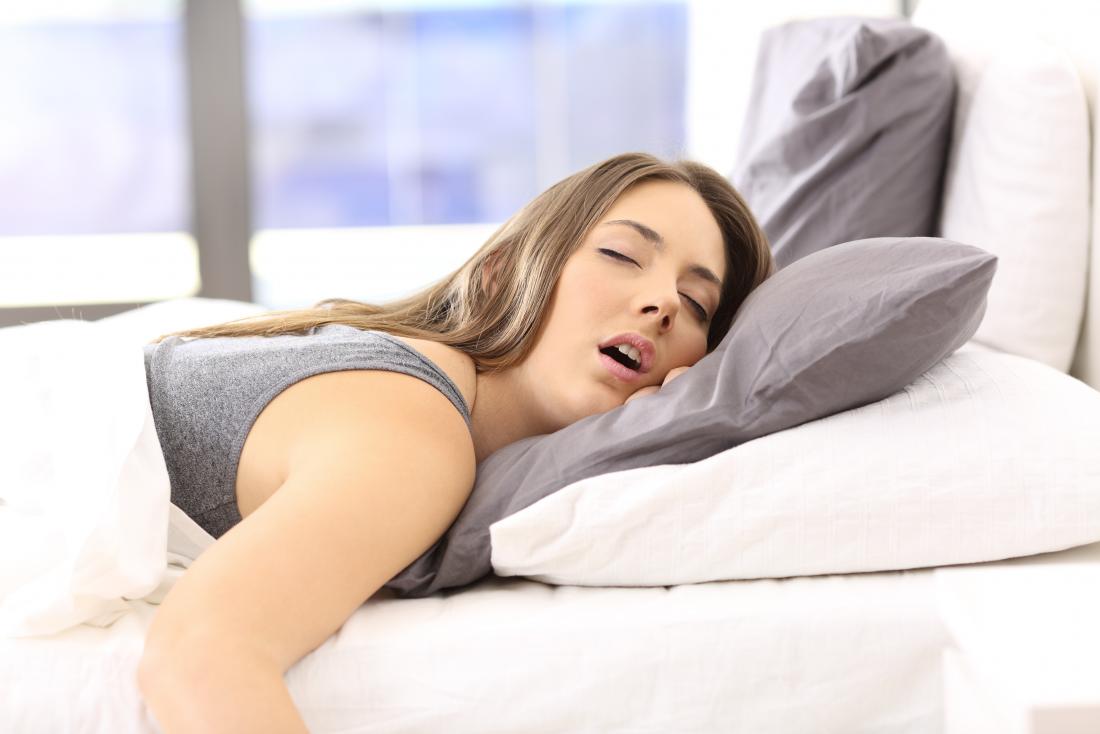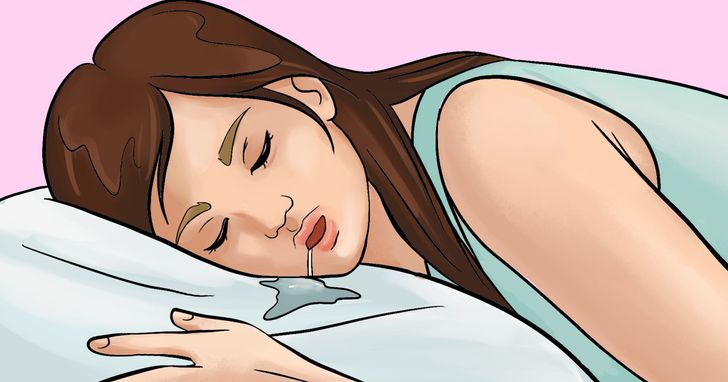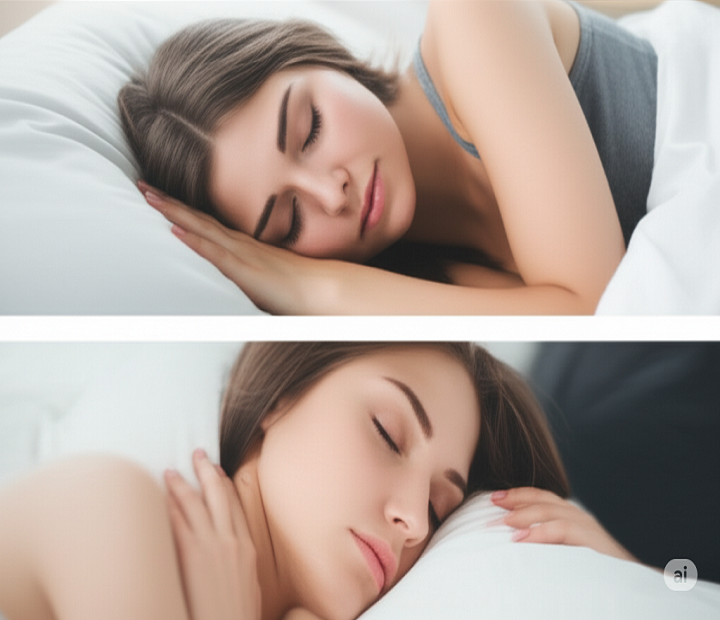Waking up to a damp patch on your pillow might be a little embarrassing, but it’s a surprisingly common occurrence. Drooling, or “sleep sialorrhea,” happens to many people, and in most cases, it’s nothing to worry about. So, why does this happen, and when should you be concerned? Let’s dive into the reasons behind nighttime drooling.
The Natural Process of Saliva Production:
Throughout the day, your salivary glands constantly produce saliva to help with digestion, keep your mouth moist, and protect against bacteria. While you’re awake, you unconsciously swallow this saliva. However, during sleep, the frequency of swallowing decreases, and your facial muscles relax. This relaxation can sometimes lead to your mouth opening slightly, allowing saliva to escape.
:max_bytes(150000):strip_icc()/Health-GettyImages-957318582-912a67b1c2d04991ad37a13ff08cf9c2.jpg)
Common Reasons for Nighttime Drooling:
- Sleeping Position: This is perhaps the most common culprit. Sleeping on your side or stomach makes it easier for saliva to pool in your mouth and flow out, as gravity isn’t working in your favor to keep it down.
- Nasal Congestion: When your nasal passages are blocked due to a cold, allergies, or a sinus infection, you’re more likely to breathe through your mouth. This open-mouth posture makes drooling much more likely.
- Mouth Breathing: Habitual mouth breathing during sleep, regardless of nasal congestion, can also lead to drooling.
- Acid Reflux (GERD): Stomach acid backing up into the esophagus can irritate the lining, sometimes stimulating increased saliva production as a protective mechanism.
- Certain Medications: Some medications can have side effects that include increased saliva production.
- Dental Issues: Conditions like misaligned teeth or wearing new dentures or retainers can make it harder to close your mouth completely, potentially leading to drooling.
- Sleep Disorders: While less common, some sleep disorders can be associated with increased drooling.

When Should You Be Concerned?
In most instances, occasional nighttime drooling is harmless. However, if you experience any of the following along with frequent or excessive drooling, it might be a sign of an underlying medical condition that warrants a visit to your doctor:
- Difficulty swallowing (dysphagia)
- Speech difficulties (dysarthria)
- Weakness or numbness in the face or tongue
- Unexplained weight loss
- Persistent sore throat or hoarseness
- Significant changes in your sleep patterns
These symptoms could potentially indicate issues with your neurological system, such as Bell’s palsy, stroke, or certain neuromuscular disorders, or other health concerns.

Tips to Minimize Nighttime Drooling:
While you can’t always prevent drooling entirely, here are a few things you can try:
- Change Your Sleeping Position: Try sleeping on your back, as this makes it harder for saliva to escape your mouth. You might need to use extra pillows to help you stay in this position.
- Treat Nasal Congestion: Use saline sprays, nasal strips, or consult your doctor about allergy or sinus medications if congestion is a recurring issue.
- Address Underlying Medical Conditions: If you suspect acid reflux or other medical conditions are contributing to your drooling, talk to your doctor for diagnosis and treatment.
- Review Your Medications: If you’ve recently started a new medication and notice increased drooling, discuss this side effect with your doctor.
- Consider Dental Adjustments: If misaligned teeth or dental appliances are making it difficult to close your mouth, consult your dentist.
- Practice Mouth Exercises: In some cases, exercises that strengthen the muscles around your mouth and throat might help improve lip closure during sleep.

The Bottom Line:
Waking up with a wet pillow is usually nothing to be ashamed of or overly concerned about. Often, it’s simply a result of your sleeping position or mild nasal congestion. However, be mindful of any accompanying symptoms that might suggest a more serious underlying issue. If you have concerns about excessive or persistent drooling, don’t hesitate to consult with your doctor for personalized advice and to rule out any potential medical conditions. Sweet dreams, and hopefully drier pillows!


